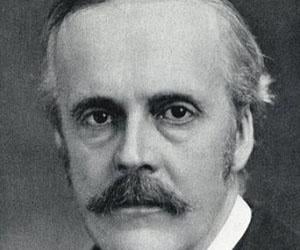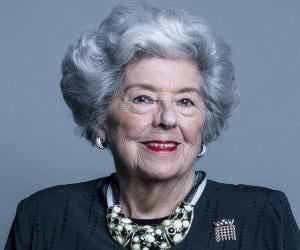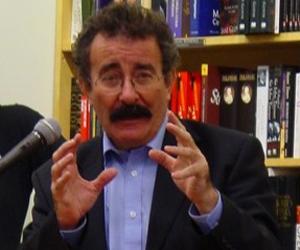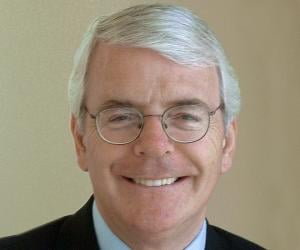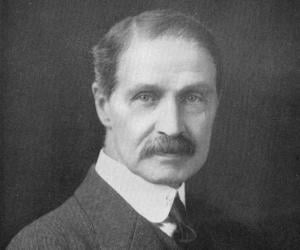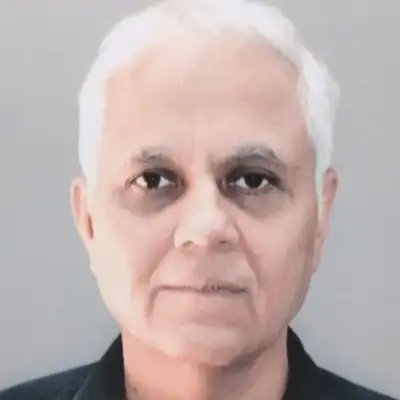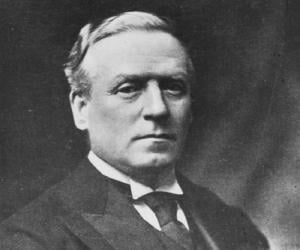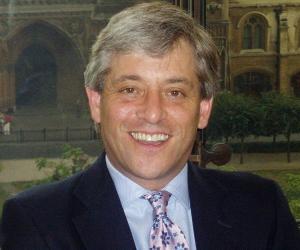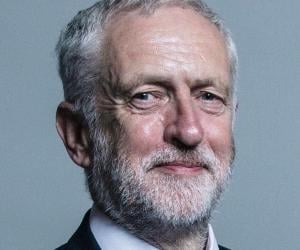Childhood & Early Life
Arthur Balfour was born on July 25, 1848, to Lady Blanche Gascoyne-Cecil and James Maitland Balfour, in Scotland. He was the eldest son, of the eight children born to his parents. Most of his relatives were well known politicians of their time. His father was also an MP.
He received his primary education from the ‘Grange Preparatory School’ located in Hertfordshire. After graduating in 1861, Arthur moved to prestigious institutions like ‘Elton College’, the ‘University of Cambridge’, and ‘Trinity College’, where he studied for the next eight years.
During his student days, Balfour was very influenced by his professor, the great English poet, William Cory. It was Cory who inspired Arthur to pursue a political career.
Continue Reading Below
Career
Balfour made news in the English political circles after being elected as the conservative Member of Parliament (MP), in 1874.
Four years after he was elected as the Member of Parliament, Balfour was chosen to become the private secretary to Lord Salisbury, his uncle. This assignment gave Balfour great political exposure.
He accompanied his uncle, Lord Salisbury, to the ‘Congress of Berlin’, to address the issue of the ‘Russo-Turkish Conflict’, which was a great political issue back then. This trip made a huge difference to Balfour’s approach towards politics.
Balfour was relieved of his duties as a private secretary, in 1880. He gained enough political visibility in 6 years, which helped him become friends with political stalwarts like Sir Henry Drummond Wolff, Lord Randolph Churchill, and John Gorst. This quartet was famously known as the ‘Fourth Party’.
The second half of the decade of 1880s proved to be very fruitful for Balfour’s career. He was appointed as the ‘President of The Local Government Board’ in 1885. A year later, he was chosen to be the Secretary of Scotland, which even provided him a place in the cabinet.
Balfour was given greater responsibilities in the next few years. One of them was the appointment as the Chief Secretary for Ireland, in 1887. Noted politician Sir Michael Hicks Beach retired from the designation of Chief Secretary, and Arthur stepped into Sir Michael’s shoes.
Balfour took a keen interest in the development of Ireland. He joined hands with well-known politician Joseph Chamberlain to support the cause. After becoming an ally of Joseph’s ‘Liberal Unionist Party’, Arthur promoted ‘Unionism’ in Ireland, as a measure to improve governance. In 1890, he helped create the ‘Congested Districts Board For Ireland’.
The very next year, Balfour was announced the ‘First Lord of The Treasury’. He had to step down from this post after his party lost the 1892 elections. Three years later, the Conservatives bounced back to power, and Arthur was re-elected as the ‘First Lord of The Treasury’.
While his uncle Lord Salisbury was unwell, Balfour took up the responsibility of managing the Foreign Office. During this period he talked to the Russian government regarding the infrastructure of north China.
Continue Reading Below
1902 was a watershed year in Arthur’s political career. After Lord Salisbury stepped down as Prime Minister, Balfour succeeded him,
One of the biggest problems which the Balfour government faced was the difference in opinions between the members of the party, over trading regulations. Joseph Chamberlain, his long-time confidante stepped out of power and turned a crusader for tariff reforms.
The relationship between the Balfour government and the British Royals was also quite sour, which led to his fall from power. Balfour finally resigned from his position in 1905.
Post his tenure as the Prime Minister, Balfour continued his political career as the leader of the party. Balfour along with fellow British politician Lord Landsdowne demanded that the ‘House of Lords’ needed to keep an eye on the happenings in the ‘House of Commons’. This decision was received with a lot of criticised.
In 1915, Balfour succeeded the legendary British politician Sir Winston Churchill as the ‘First Lord of the Admiralty’.
Balfour was the representative of the British Empire at the ‘Washington Naval Conference’ held during 1921-22. In the same period he also stepped in as a temporary foreign secretary, in the absence of Lord Curzon who was ill.
His last political designation was that of ‘Lord President of the Council’, under the administration of Stanley Baldwin. He held this designation till 1929, when the rule of the Baldwin government ended.
Personal Life & Legacy
Balfour remained a bachelor throughout his life. Though Scottish socialite Margot Asquith wished to marry him, Balfour turned down the proposal by citing that he wished to concentrate on his political career.
It’s also believed that Balfour was close to several women such as Mary Charteris and Lady Elcho. Apparently Balfour and Elcho were really close, and the possibility of the duo being involved in a romantic relationship cannot be ruled out. However, few sources also say that Balfour was gay.
Balfour was also famous for his attitude, which was famously termed as the ‘Balfourian manner’. According to an English journalist of the time, Balfour was a self-obsessed man, and felt he was quite superior to the rest of the crowd.
Even till his last days, Balfour was a great tennis player. Balfour succumbed to circulatory troubles on 19 March 1930, at the age of 81. He was cremated near the Whittingehame Church located in the United Kingdom.
Facts About Arthur Balfour
Arthur Balfour was an avid golfer and often spent his free time enjoying the sport.
Balfour had a passion for music and was known to be a talented pianist.
He had a great sense of humor and was known for his wit and charm in social settings.
Balfour was a lover of animals and had several pets, including a beloved dog named Rover.
Despite his busy political career, Balfour made time to indulge in his hobby of painting and was known to create beautiful landscapes in his spare time.
